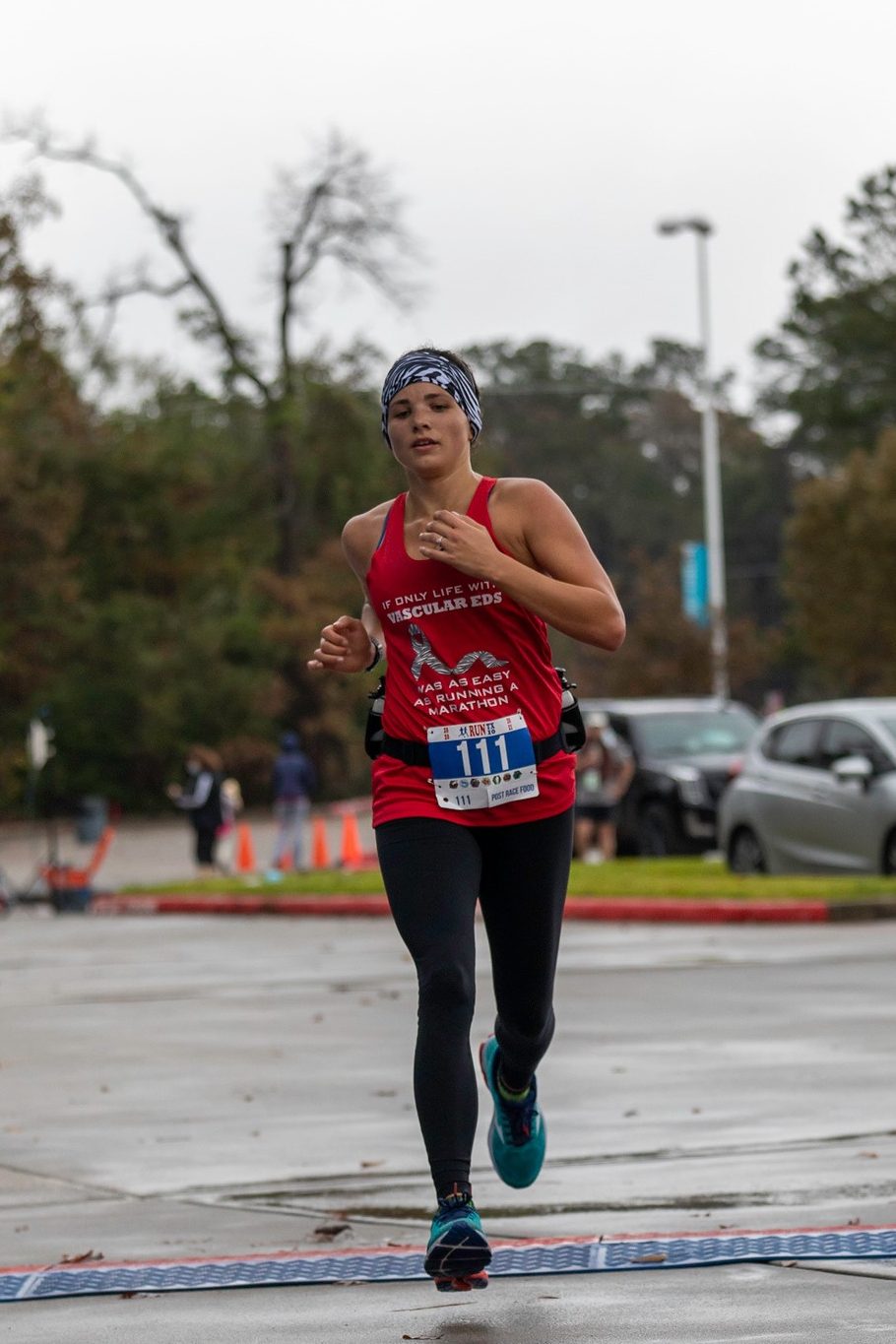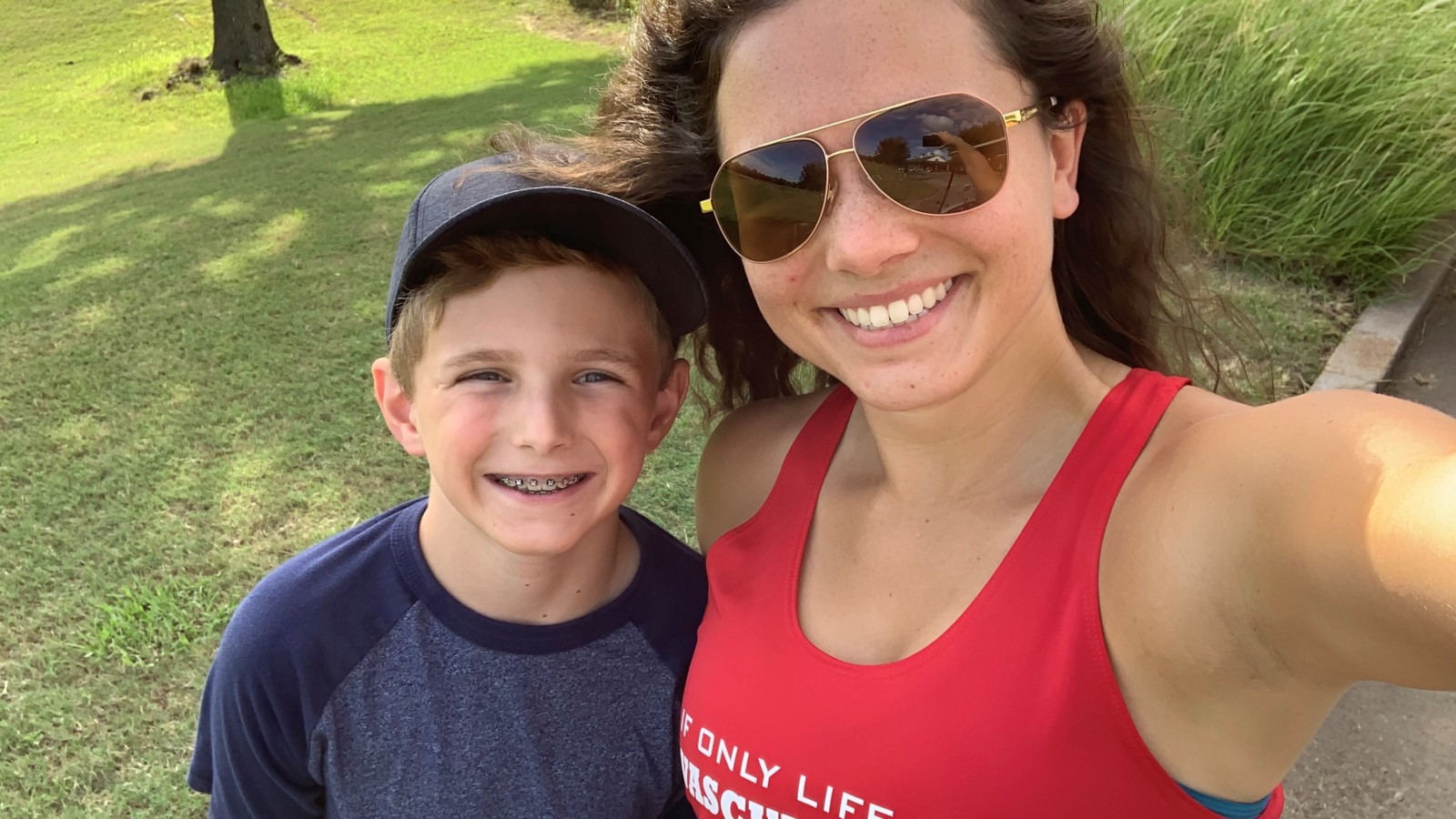In the early hours of December 1, 2011, Michael Ponton went into the ER complaining of severe pain in his chest, desperate for help. The ER unfortunately saw Michael as a young, healthy man and discharged him relatively quickly. Within an hour of being home, while Michael was showering, he experienced an aortic dissection. Michael was rushed by ambulance to the hospital he had just left, but by the time he arrived, there was nothing anyone could do to save his life. He passed away at the age of 21, leaving behind his parents, sister, girlfriend, Morgan Jozwiak, and their two-year old son, Cameron.
Although the coroner did not perform a genetic test, they suspected high blood pressure or an underlying condition was responsible for Michael’s death. With the latter in mind, Cameron was tested for Marfan syndrome, a connective tissue condition, within a few months of his father’s death. While the test came back negative, the doctors recommended scans, such as an EKG or Echocardiogram, annually. They didn’t think Cameron would ever need further assistance.
Morgan religiously took him to the cardiologist every year, and still worried that something was missed. Although Cameron slept with his eyes open, had flat feet, and complained of joint pain here and there, he was her only child for many years, and it was his normal.
Eight years later, as Cameron was getting cleared for his second year of tackle football, Morgan decided to press the issue with his new cardiologist, who sent him to another geneticist; a broader testing panel came back positive for Vascular Ehlers-Danlos Syndrome (VEDS), a rare connective tissue disorder. Not only did this mean Cameron was not going to be playing tackle football, it meant that he was inherently prone to spontaneous tears in his arteries and his aorta, the biggest blood vessel in the body, as well as sudden bowel ruptures, lung collapses, and other life-threatening emergencies.
Morgan was devastated and mourned the diagnosis, finding herself in tears in moments throughout each day. However, a month later she decided she would not stand idle, waiting for something horrible to happen to Cameron. She needed to find a sense of control in a situation where there is none.

Already signed up to run the Chevron Houston Marathon four months later, Morgan decided to start raising research funds and awareness. She created a t-shirt for the condition to wear during the marathon, and between that marathon and another she ran that same year, Morgan raised $5,300 for VEDS research.
Reflecting on Michael’s experience in the ER, and that of others she has met with VEDS, she recognized the need for first responders in the Houston area to learn about VEDS and the benefit that would bring to those with the condition. Houston is one of the few locations in the United States that has doctors well versed in VEDS, and many patients travel across the country for scans, appointments, and surgeries there. Creating hope for her son and others with VEDS, she set to work creating a training program and training first responders on the condition.
Morgan continues to run races for awareness and research and plans to train many more first responders in the future.
Because of her work for VEDS, Morgan was awarded the 2020 AIG Life & Retirement Community Spirit Award by her employer, AIG, and $7,500 was donated on her behalf to The VEDS Movement, a division of The Marfan Foundation dedicated to improving the lives of those with VEDS. Alongside dedicated colleagues, Morgan has now co-created an employee resource group at AIG called “Houston disAbilities & Allies” for inclusion of people with disabilities and their caregivers in the workplace and providing resources to assist them in succeeding.
Morgan’s story is one of creating hope in what feels like a hopeless situation. She pushed through her despair to start creating the change she wanted to see in the world- a world where doctors know what her son’s condition is and how to treat it. VEDS takes away so many dreams, abilities, and young lives, leaving devastation in its wake, but despite these circumstances, the VEDS community comes together and is strong. We find peace in knowing we’re not alone, and we fight for research and change together.


